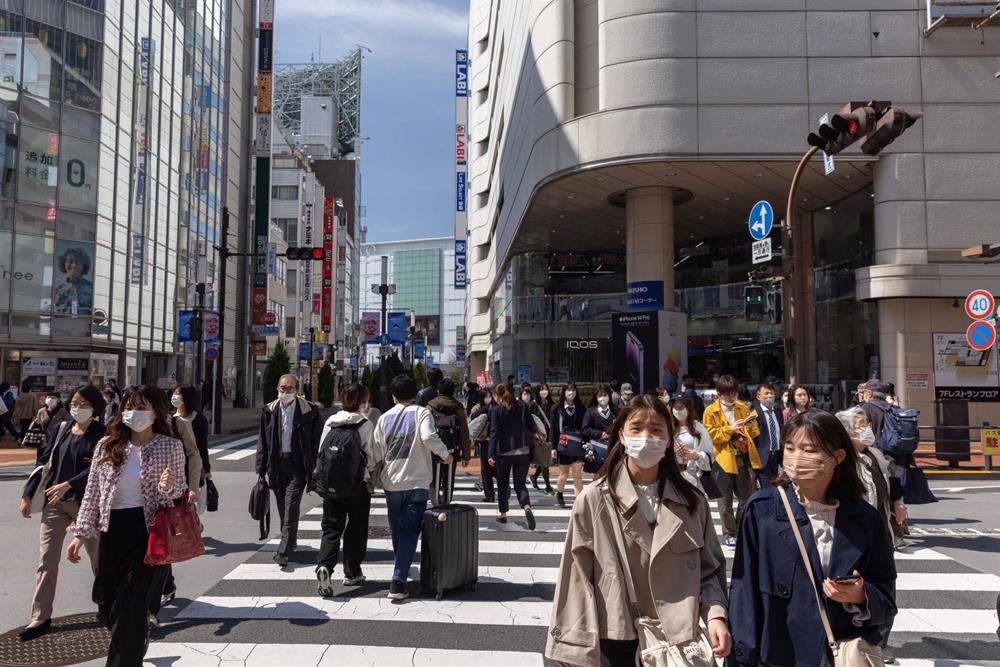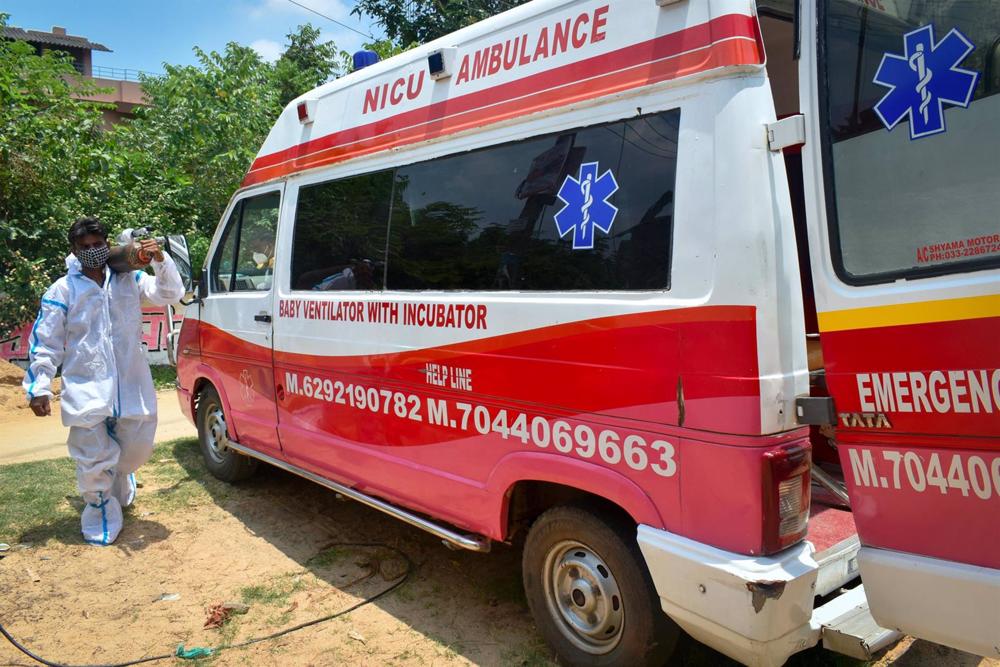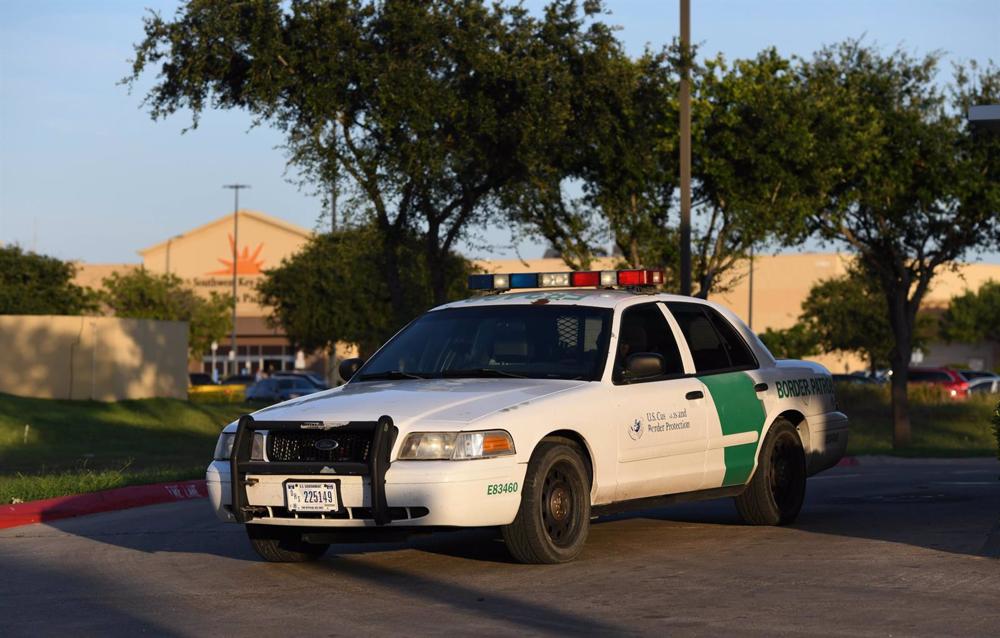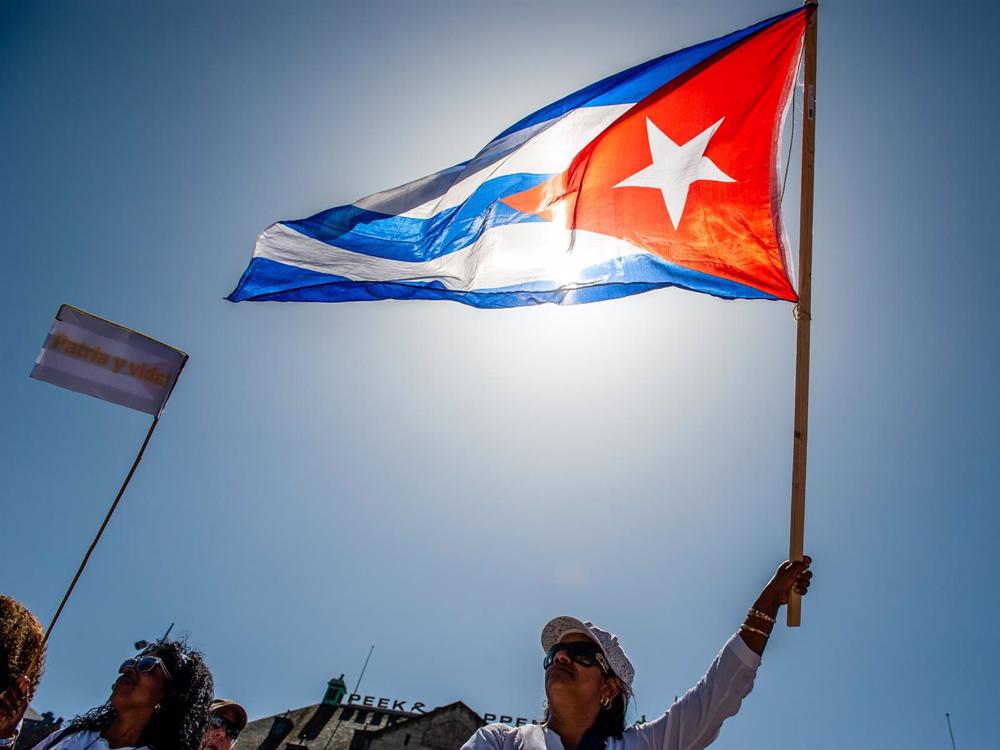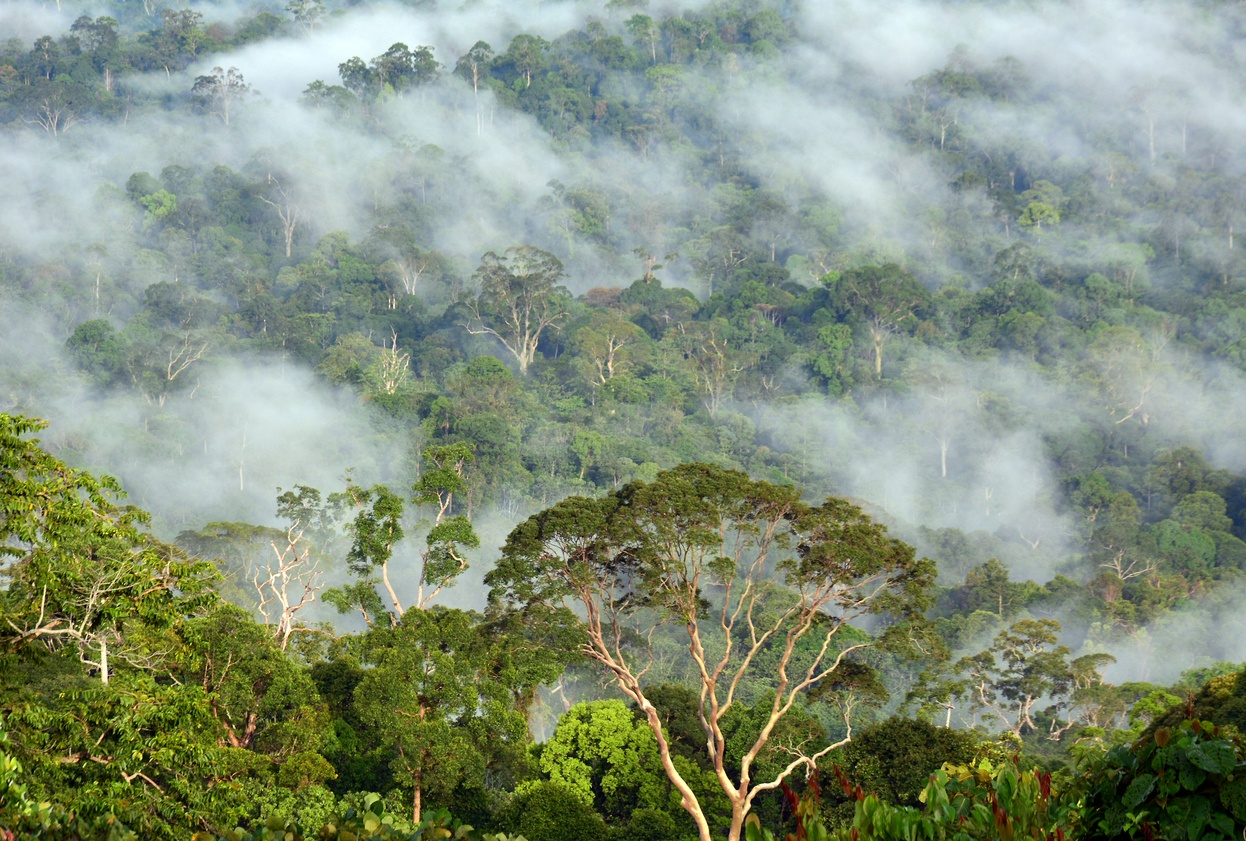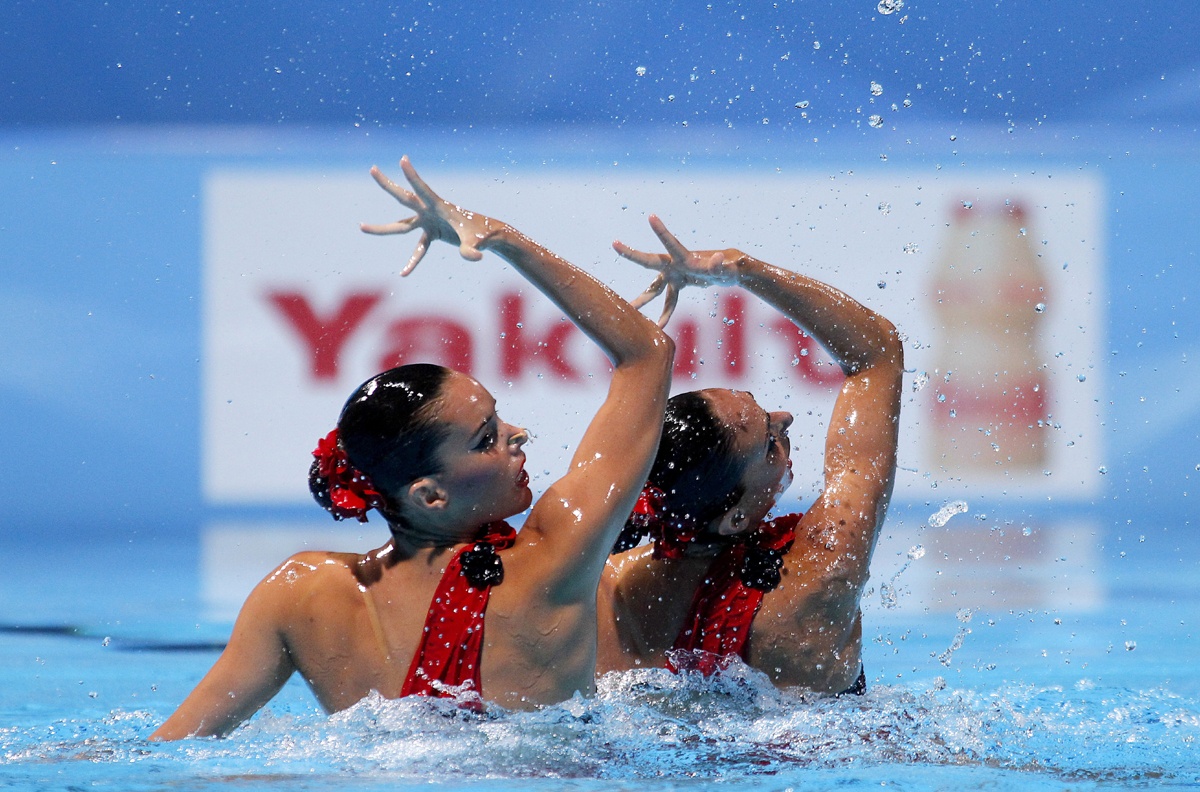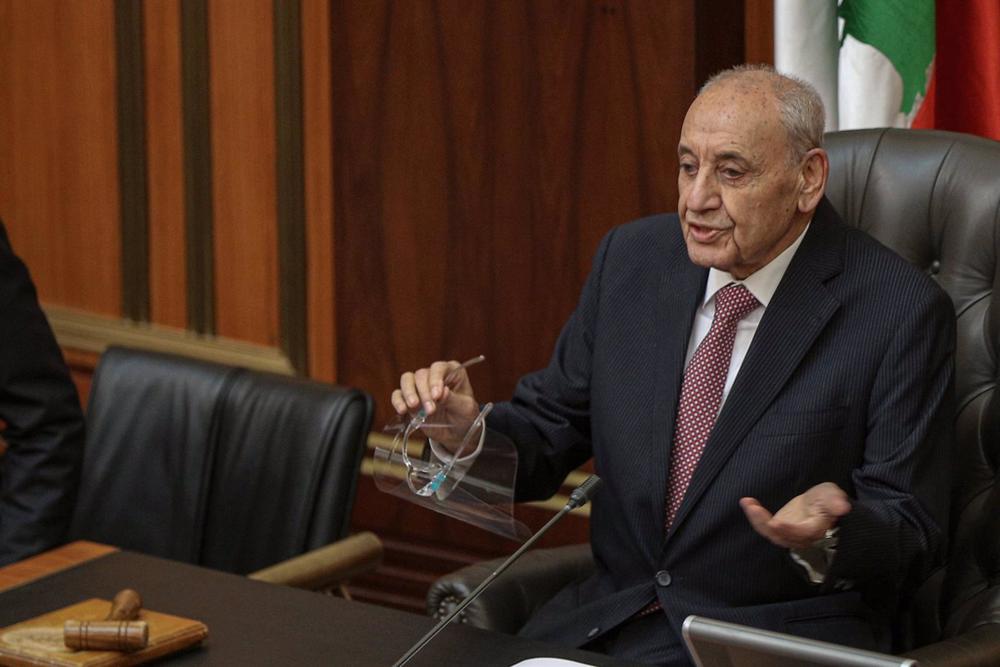
Lebanon’s Parliament Speaker Nabih Berri on Tuesday rejected calls for an open session until an agreement is reached to appoint a replacement for Lebanese President Michel Aoun, whose term expired on October 31.
Parliament has so far held eleven sessions without reaching an agreement to appoint the country’s new president, prompting even two deputies to launch a sit-in in the hemicycle to call for a continued session until the obstacles are overcome.
Berri has indicated in an interview granted to the Lebanese daily ‘Al Yumhuria’ that these calls «will not achieve anything in an atmosphere of incompatibility, since an open session would imply totally paralyzing the Parliament, which is forbidden and unacceptable».
«It would not only be a disruption of Parliament, but a disruption of the country,» he has argued, before denouncing «attempts to obstruct» the work of the legislature, amid also the virtual absence of government action due to the fact that it is in office after submitting its resignation.
For this reason, Berri asked to determine «who are the real candidates» for the Lebanese Presidency in order to unblock the situation and warned that «the danger is very great because the situation is going from bad to worse, after having already reached the worst».
«It is not acceptable that the situation remains on the verge of collapse. The Lebanese Presidency can hold out for a few months, but the country cannot continue to hold out,» he said, while calling again for «dialogue» to overcome the «differences» and choose Aoun’s replacement.
To be elected, the president must obtain the support of two thirds of the parliamentarians – 86 out of 128 – in the first round or an absolute majority in case more votes have to be held, as provided for in Article 49 of the Lebanese Constitution.
Aoun was elected president in 2016 after nearly half a hundred parliamentary sessions that dragged on for two and a half years. Lebanon has been trapped for several years in a deep and protracted political, economic and social crisis that has resulted in more than 70 percent of the population living below the poverty line and a banking system paralyzed since October 2019.
Source: (EUROPA PRESS)
